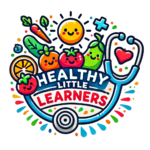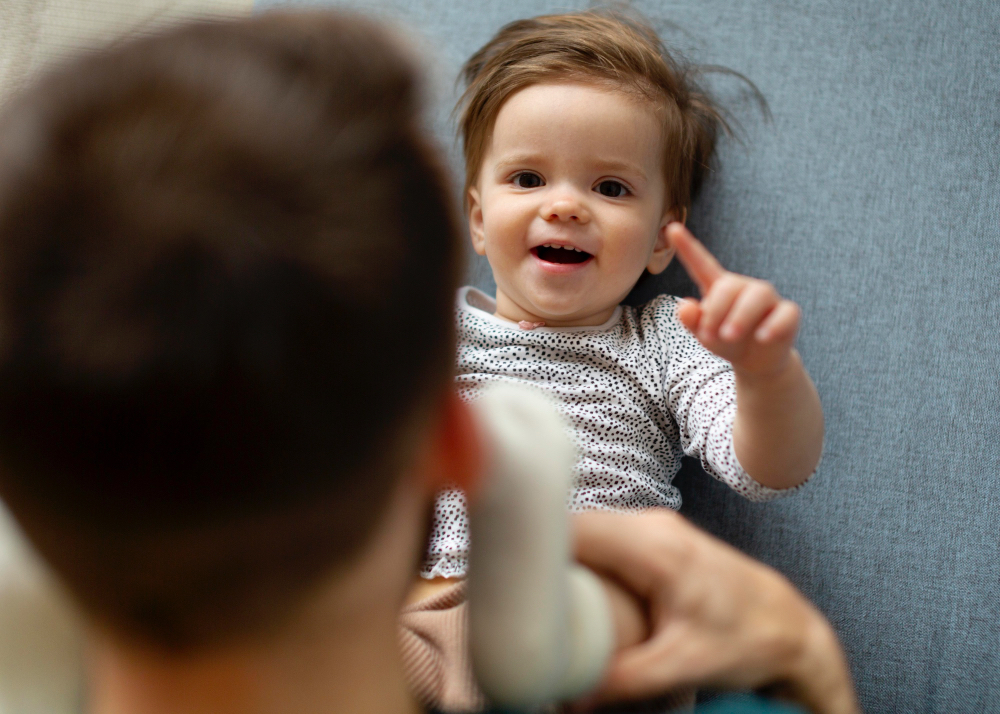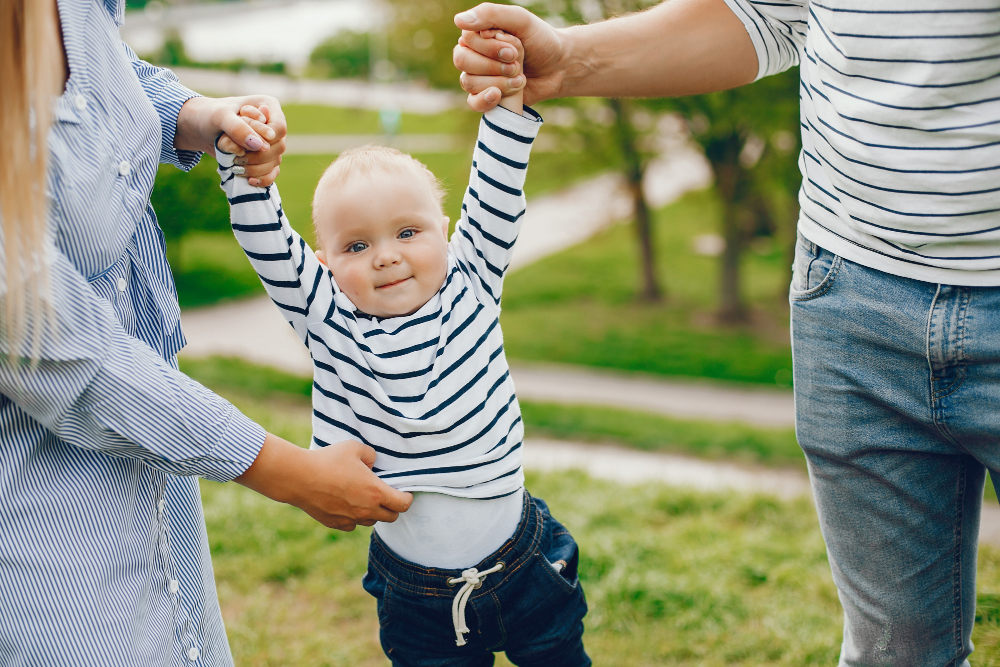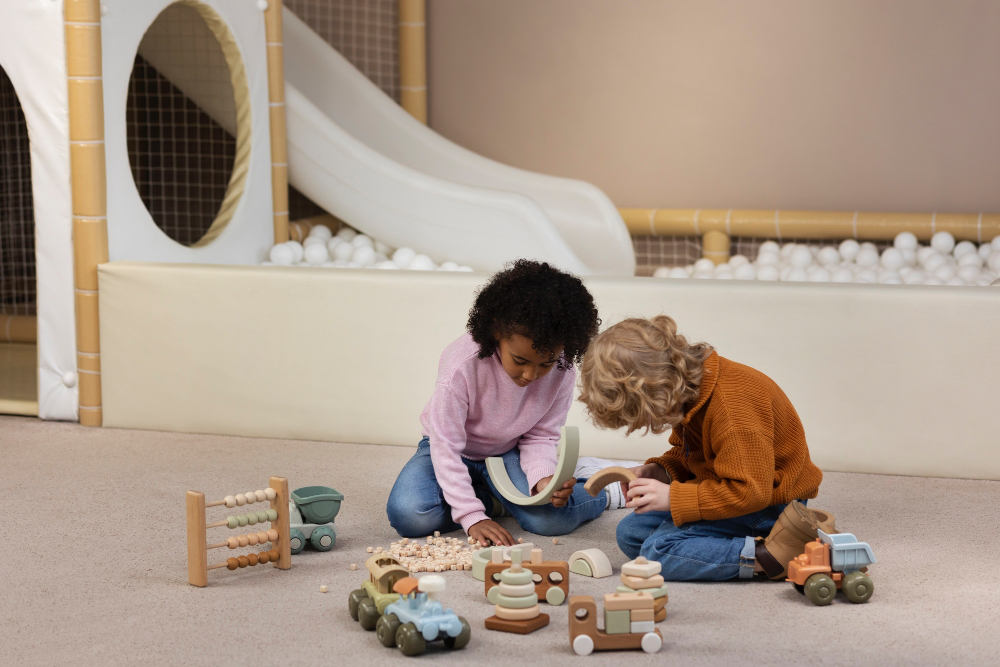Hearing your baby’s first words is one of the most exciting milestones in their development. Babies usually begin babbling around 4 to 6 months, and you can expect your baby’s first words to emerge between 10 to 14 months. However, each baby develops at their own pace, and it’s important to support their speech development through interactive activities. In this article, we’ll explore when to expect your baby’s first words and provide tips to encourage early language skills.
1. Early Signs Leading to Your Baby’s First Words
Long before they say their first words, babies begin communicating in other ways. Understanding these early signs can help you track your baby’s progress.
- Cooing and Babbling: Around 4 to 6 months, babies start cooing and babbling. These sounds are early experiments with vocalization and help babies practice the mechanics of speech.
- Gestures: Your baby may start using hand gestures, such as pointing or waving, to communicate. This shows that they understand that communication is more than just words.
2. When to Expect the First Words
Most babies speak their first recognizable words between 10 to 14 months. These words are often simple and familiar, like “mama,” “dada,” or a favorite toy’s name.
- 12 Months: By this age, your baby might say one or two simple words. They understand many words even if they aren’t speaking them yet.
- 15-18 Months: At this stage, most babies can say several words and begin putting together basic sentences, such as “more milk.”
3. How to Encourage Your Baby’s First Words
You can help your baby develop their language skills by engaging in simple, everyday activities that promote speech.
- Talk to Your Baby Often: Narrate your day, describe what you’re doing, and point out objects. This exposure to language helps your baby build vocabulary.
- Read Together: Reading to your baby helps them hear new words and learn how language works. Choose books with simple pictures and words, and point to the images as you read.
- Sing Songs: Singing simple songs with repetition helps babies learn words and rhythms. Songs with actions, like “Itsy Bitsy Spider,” encourage your baby to participate.
4. Common First Words
The first words your baby says are usually related to people, objects, or activities they encounter regularly. Some common first words include:
- “Mama” and “Dada”: Babies often start by saying the names of their primary caregivers.
- “Bye-Bye” and “Hi”: Simple greetings or social words are often among the first to emerge.
- Names of Favorite Objects: Babies may try to say the names of toys, pets, or objects they frequently interact with.
5. When to Be Concerned About Speech Delays
While every baby develops at their own pace, some signs may indicate a speech delay. If your baby isn’t babbling by 9 months or doesn’t say any words by 18 months, it’s a good idea to talk to your pediatrician.
- Lack of Response to Sounds: If your baby isn’t responding to their name or other familiar sounds, it could indicate a hearing issue or delay.
- Limited Interest in Communication: Babies naturally want to interact, so a lack of eye contact or communication attempts might suggest a need for further evaluation.
Conclusion:
Hearing your baby’s first words is a thrilling milestone, but remember that every baby develops at their own pace. By engaging with your baby through talking, reading, and singing, you can support their speech development. If you have concerns about speech delays, consult your pediatrician for guidance. Enjoy the journey of watching your baby learn and grow in their language abilities.



